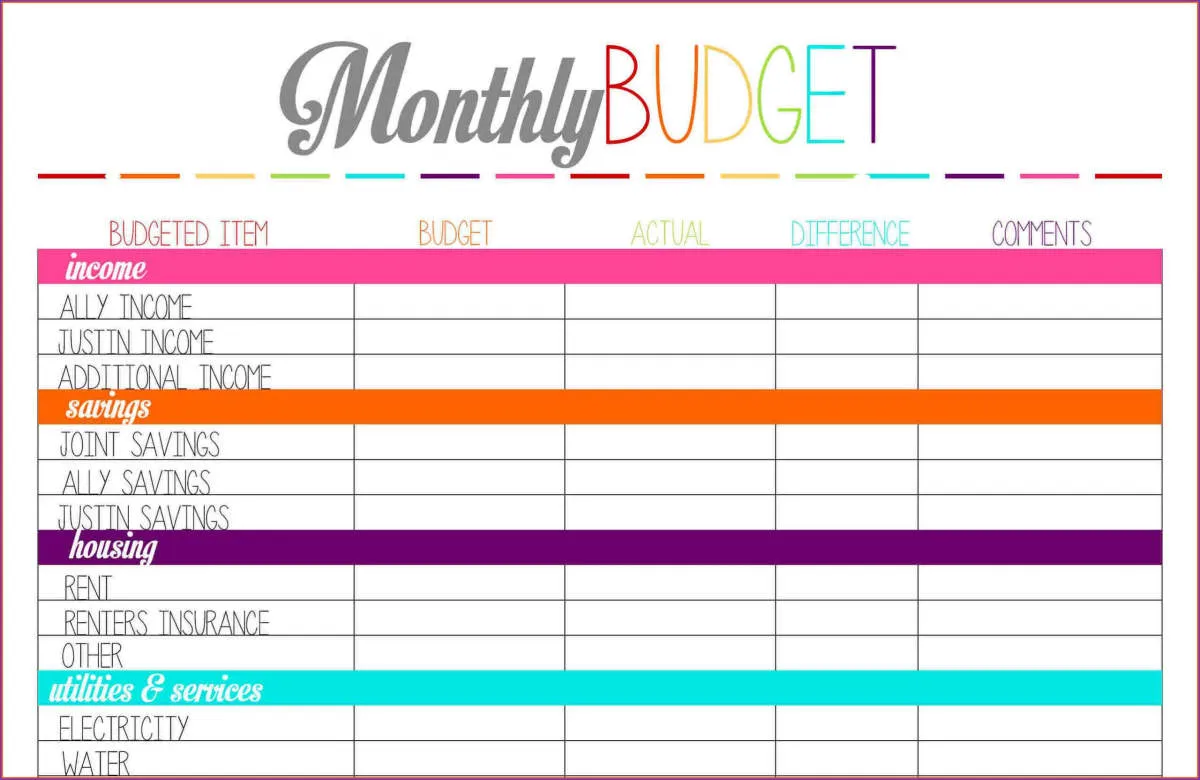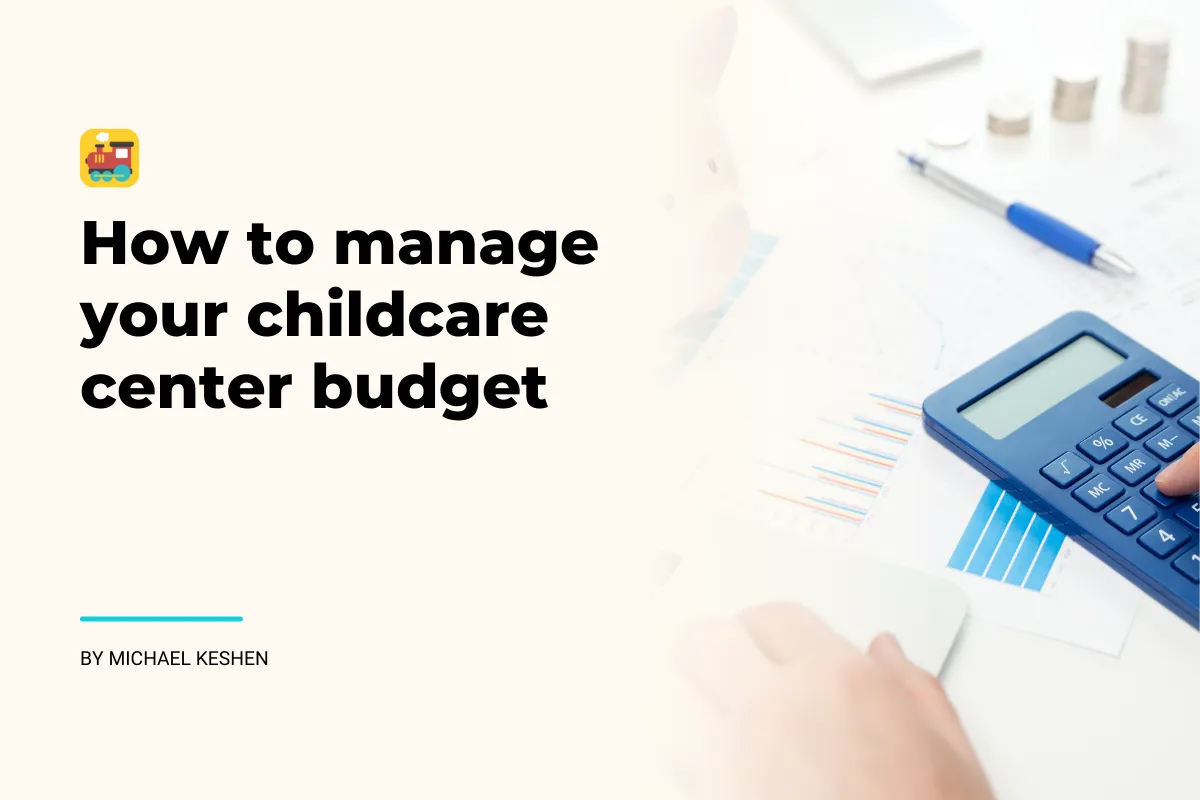Discover essential personal finance tips for new parents to safeguard their family’s future. From creating a budget to planning for education expenses, this article provides valuable guidance to help you navigate the financial responsibilities of parenthood.
Creating a Budget for New Parents

Welcoming a new baby into the world is a joyous time, but it also brings a whirlwind of financial changes. Creating a budget is more crucial than ever to ensure you can provide for your little one while keeping your financial goals on track. Here’s how to build a practical budget as new parents:
1. Track Your Income and Expenses
Start by listing all sources of income and then meticulously track your expenses. Use budgeting apps, spreadsheets, or even a notebook – whatever works best for you. Categorize your spending to identify areas where you can potentially cut back.
2. Factor in Baby-Related Costs
Babies come with a host of new expenses. Account for:
- Diapers and wipes
- Formula or breastfeeding supplies
- Clothes (babies grow fast!)
- Healthcare
- Childcare
Research the average costs in your area to get a realistic picture.
3. Identify Areas to Reduce Spending
With your expenses laid out, look for areas to trim. This might involve:
- Dining out less
- Cutting back on subscription services
- Finding more affordable entertainment options
4. Prioritize Savings
Even with a tight budget, prioritize saving for your child’s future. Consider starting a 529 college savings plan or contributing to a high-yield savings account. Every little bit counts.
5. Be Flexible and Adjust as Needed
Your budget won’t be set in stone. As your baby grows and your needs change, be prepared to adjust your spending plan accordingly.
6. Communicate Openly with Your Partner
Open communication about finances is crucial, especially with the added responsibility of a child. Regularly discuss your budget, financial goals, and any concerns you have.
Building an Emergency Fund

Having a baby is a joyous occasion, but it also comes with new financial responsibilities. One of the most important things new parents can do to secure their family’s future is to build a solid emergency fund. An emergency fund is a safety net of money set aside to cover unexpected expenses, such as:
- Job loss
- Medical bills
- Car repairs
- Home repairs
Without an emergency fund, you may be forced to go into debt or make difficult financial sacrifices if an unexpected event occurs.
How much should you save?
Most financial experts recommend saving enough to cover three to six months of living expenses. This may seem like a lot of money, but it’s important to remember that unexpected events can happen at any time. Start by setting a small, achievable savings goal, such as $50 or $100 per month. Once you reach that goal, you can gradually increase your savings amount.
Where should you keep your emergency fund?
It’s important to keep your emergency fund in a safe and accessible account, such as a high-yield savings account or money market account. Avoid investing your emergency fund in the stock market, as you don’t want to have to withdraw money when the market is down.
Tips for building your emergency fund:
- Create a budget: This will help you see where your money is going and identify areas where you can cut back on spending.
- Automate your savings: Set up a recurring transfer from your checking account to your savings account each month.
- Sell gently used items: Declutter your home and sell items you no longer need or use.
- Pick up a side hustle: Use your skills to earn extra income.
- Make saving a priority: Treat saving like any other important bill that needs to be paid on time.
Planning for Childcare Expenses

One of the biggest financial adjustments new parents face is the cost of childcare. Depending on where you live and the type of care you choose (in-home care, daycare centers, nannies), expenses can quickly add up and even rival your mortgage payment. That’s why it’s crucial to factor childcare into your budget early on.
Here are key steps to take:
1. Research Your Options and Costs:
Start by exploring different childcare options in your area and their average costs. Consider factors like proximity to your home or work, operating hours, and educational philosophies.
2. Factor Childcare Costs into Your Budget:
Once you have an idea of potential expenses, integrate them into your monthly budget. Treat childcare like any other essential bill (like housing or food) and see how it impacts your overall finances.
3. Look for Ways to Save:
- Employer Benefits: Some companies offer childcare assistance programs, subsidies, or access to flexible spending accounts (FSAs) that allow you to use pre-tax dollars for childcare expenses.
- Tax Breaks: Investigate tax credits like the Child and Dependent Care Tax Credit, which can help offset some childcare costs.
- Negotiate Rates: Don’t be afraid to discuss rates with potential childcare providers, especially if you have multiple children or need care for extended hours.
- Consider Shared Care: Explore options like co-oping with other families or having family members provide some childcare assistance.
4. Build Flexibility into Your Budget:
Remember that childcare needs can change. Be prepared for potential cost increases or adjustments to your chosen care arrangement as your child grows.
Saving for Education

A good education is a wonderful gift you can give to your child, but the cost of college is higher than ever. It’s never too early to start saving, even if your child is just a newborn. The earlier you start, the more time your money has to grow.
Here are some tips to help you save for your child’s education:
- Open a 529 plan. 529 plans are tax-advantaged savings plans specifically designed for education expenses. Contributions grow tax-free, and withdrawals are tax-free when used for qualified education expenses like tuition, room and board, and books.
- Set up automatic contributions. Even small amounts saved regularly can add up over time. Automate your savings by setting up regular transfers from your checking account to your education savings account.
- Start small and gradually increase contributions. As your income grows, increase your contributions, even if it’s just by a small amount.
- Use windfalls wisely. Deposit work bonuses, tax refunds, or other unexpected income into your education savings account.
- Don’t forget about financial aid. Fill out the FAFSA (Free Application for Federal Student Aid) when your child is a senior in high school. This will determine your eligibility for need-based financial aid, such as grants, scholarships, and loans.
Protecting Your Family with Insurance

As new parents, securing your family’s future becomes a top priority. Life insurance and other types of insurance can provide a financial safety net, ensuring your loved ones are cared for even in the face of unexpected events.
Life Insurance:
Life insurance provides a financial payout to your beneficiaries upon your death. This money can help your family cover living expenses, pay off debts like a mortgage, and fund future needs like your children’s education.
- Term Life Insurance: Affordable option providing coverage for a specific term, often matching the length of your mortgage or your children’s dependency.
- Permanent Life Insurance: Offers lifelong coverage and may include a cash value component that grows over time.
Health Insurance:
Comprehensive health insurance protects your family from potentially devastating medical costs. It covers essential healthcare needs like doctor’s visits, hospital stays, and prescription drugs.
- Employer-Sponsored Plans: If offered through your or your partner’s employer, carefully evaluate the coverage and costs.
- Individual/Family Plans: Purchased directly from an insurance company, allowing you to customize coverage to fit your family’s needs.
Disability Insurance:
While often overlooked, disability insurance is crucial. It replaces a portion of your income if you become unable to work due to illness or injury. Consider this: your ability to earn an income is one of your most valuable assets.
Other Insurance Considerations:
- Homeowners/Renters Insurance: Protects your home and belongings from damage or theft.
- Auto Insurance: Provides financial protection in case of car accidents.
Planning for Long-Term Financial Goals

As new parents, your world revolves around your little one, but it’s crucial to carve out time to solidify your family’s financial future. This means thinking beyond the immediate needs of diapers and formula and focusing on long-term goals.
1. Retirement Planning
Retirement might feel like a lifetime away, but it’s never too early to start planning. The power of compound interest is immense, and even small contributions made consistently over time can grow significantly. Consider opening a retirement account and explore different investment options.
2. Funding Your Child’s Education
Education costs are continuously rising, and providing for your child’s future education is a significant financial undertaking. Explore options like 529 plans, which offer tax advantages specifically for education savings. Researching different college savings plans will allow you to make informed decisions for your child’s future.
3. Life Insurance
Life insurance provides financial security for your family in case of an unexpected event. Consider both term life insurance, which covers a specific period, and whole life insurance, which provides lifelong coverage and can build cash value. Evaluating your family’s needs and financial situation will help determine the appropriate coverage amount.
4. Estate Planning
Estate planning ensures your assets are distributed according to your wishes and minimizes potential stress and complications for your family. Create or update your will, designate guardians for your children, and consider setting up a trust to manage assets for their benefit.
While juggling the demands of parenthood, it’s easy to feel overwhelmed by long-term financial planning. However, taking small, consistent steps now will pave the way for a more secure and stable future for your family.
Conclusion
In conclusion, new parents can secure their family’s future by following these personal finance tips diligently. By creating a budget, saving for emergencies, investing wisely, and prioritizing insurance, they can build a strong financial foundation for their growing family.

